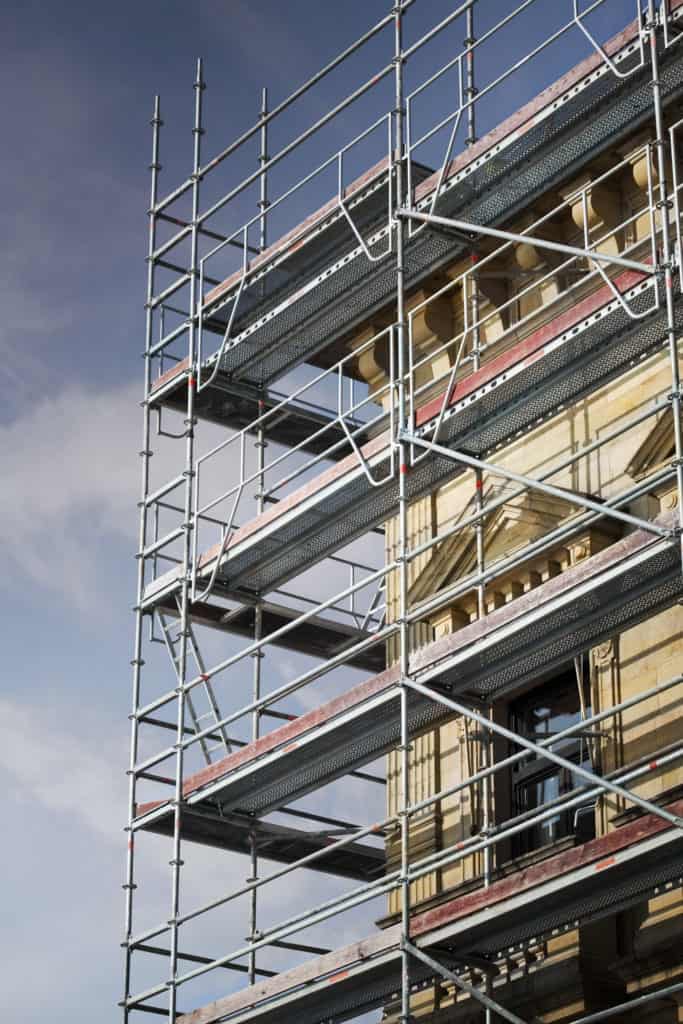If you consider adding square footage to your house, you might wonder if it will lower your insurance costs. However, it would be best to keep in mind that the extra square footage you add to your home will increase its replacement value. As a result, the amount of homeowner’s insurance you need to purchase will increase accordingly.

Renovations
Homeowners can lower their insurance costs by upgrading their property and adding new features. This could include replacing aging pipes and electrical wiring or using eco-friendly products. Homeowners can expect to save on insurance by replacing these items because these are the leading causes of fires and water damage. Additionally, renovations can increase the value of your home, which increases its insurance value.
I with a standard homeowner’s insurance policy is essential for protecting yourself from unexpected setbacks. Homeowners should consider how home improvements impact their insurance costs before renovating. Insurance Information Institute, a significant renovation can increase your home’s replacement value by up to 13%. However, it can also raise your premiums, so you should inform your insurer before starting any renovations.
Adding a room to your home will increase the value of your home. As a result, your insurance premium will go up. In addition to increasing the value of your home, you should also consider adding extra rooms. Adding an extra room will increase your home’s total square footage. If you are adding a kitchen or a bathroom, this can also increase your insurance premium.
Homeowners should also update their homeowner’s insurance policy before undergoing a renovation. For example, if you plan to add a hot tub, you should update your policy before you begin construction. Moreover, if you make other changes to your home, such as adding a pool, you should update your policy before you start work.

Liability insurance
One way to cut your insurance costs is by repairing your house. If you renovate your house, you will increase the value of your home and the square footage. The square footage you add, your insurance premium will increase. Also, you may need more coverage if you add high-end appliances. This is because high-end materials cost more to replace than builder-grade materials.
Homeowner’s insurance costs an average of $1,095 per year. Repairs and renovations can save you as much as 20% on your premium. However, make sure to stay up to date on building codes to get the best discounts. Also, you can install smart devices to cut your insurance costs.
It would be best to upgrade your coverage limits to reflect the changes. After all, you want to ensure you have enough coverage for the new value of your house. If you have added a hot tub, ensure your insurer knows about it. If you’re a homeowner, update your policy before you start work on the addition.
Many factors affect the cost of homeowners insurance. Some of these renovations may increase the replacement value of your home, lowering your premiums. Some renovations, like adding a second story, may increase the insurance value. Others may qualify for discounts for home improvements.
Aside from the size and quality of your home, the siding you use may affect the price of your insurance. A good choice is fiber-cement siding. Other materials, such as brick, can also lower your insurance costs. Also, contact your insurance company if you plan on adding a swimming pool. This will increase the value of your home, but it can also make you liable for damage caused by someone who falls in the pool.
Home renovations
Home renovations can affect your insurance premiums in a variety of ways. Some will change the level of coverage needed, while others can help you qualify for discounts. Determiner example, adding a second story to your home could mean a higher replacement value, which means higher insurance premiums. Renovations that increase square footage and use higher-end materials could also raise your premiums. If you’re considering a major renovation, check with your insurance agent to determine how the changes affect your premiums.
If you plan to renovate, update your existing policy to reflect the changes. Some renovations can lower insurance rates, but you need to ensure your renovations won’t negatively affect your insurance coverage. You need to contact your insurance agent before you begin work, so they can properly evaluate your new insurance needs. significant
Performing a kitchen renovation, for example, can boost the value of your home, which in turn may lower your insurance costs. Moreover, if your renovation costs include new appliances, your home insurance provider may need to increase your coverage. You should also save the receipts and contracts that relate to the renovation.
A renovation may boost your home’s value and add a personal touch, but it might also increase your risk of damage and theft. A new addition can be worth millions of dollars, but you won’t be able to recoup the costs of a renovation without an insurance policy. You must communicate with your insurance agent about any changes you make to your home, including adding a pool.
Improving your home’s safety will decrease the risk of a fire or water damage, two of the most common home insurance claims. Upgrading your home’s electrical wiring and plumbing can lower your insurance costs. Replacing outdated systems with more modern systems can lower your rates as well. Adding a new roof can also help.

Home Insurance
Whether your renovation project is simple or complicated, it’s essential to talk to your insurance agent about the potential changes to your home. Some renovations will increase the coverage you need, while others may qualify for discounts. For example, adding a second-floor bedroom or expanding your living space can increase insurance costs, and higher-end appliances can increase personal property coverage.
Homeowners should also pay attention to the value of their house when renovating. Adding an extra room will increase the value of the house and its square footage, so the premium for homeowners insurance will increase in proportion to the new square footage. This is because the insurance company bases its rates on the cost of rebuilding the house, and the square footage the house has, the more it will cost to rebuild.
Adding a pool may add to the value of your house. However, it can also increase the liability risk for your home. The cost of installing a pool fence may offset the increased risk, and it will also help lower your premiums. However, you’ll need higher liability coverage limits if you have an in-ground pool. If you have children, consider installing a fence around the pool to reduce the risk of damage.
Replacing outdated plumbing and electrical systems can also lower insurance costs. Rewiring a home can be expensive, but it can lower your insurance costs because it reduces the risk of electrical damage and fire. By upgrading the electrical system, you also decrease the risk of leaks or water damage.
Home renovations and homeowner’s insurance
If you are considering a significant renovation, it is essential to check your homeowner’s insurance coverage before you start. While renovations may increase your home’s value, they can also raise the costs of rebuilding it if something disastrous happens. The Insurance Information Institute conducted a study of home replacement values and found that, on average, they increased by 13% over the past year. This increase is a result of inflation and supply chain issues. As such, you are to review your coverage before you start renovating.
Homeowner’s insurance policies are different for each homeowner. Some policies will cover minor changes, such as painting or adding a room, while others require a separate policy. For example, if you plan to add a pool or hot tub, it is essential to ensure that the addition is covered under your policy. If you are renovating your entire house, you may need to update your policy to reflect the new look.
Home renovations and homeowner’s insurance can be complicated topics, but it’s crucial to understand the implications. In general, homeowners’ insurance coverage covers the replacement and repair of your home in case it is destroyed. Depending on the extent of your renovation, you may need to raise your coverage limits to compensate for the added costs. In addition, homeowners’ insurance coverage will pay for injuries caused by contractors or visitors. For this reason, you will want to check with your agent to ensure you have the right amount of coverage in place.
Home renovations can increase your home’s value. As a result, you may need more coverage to replace your personal belongings. For example, you may want to include more coverage for high-end appliances in your policy. In addition, your insurance company may offer discounts for home renovations.



